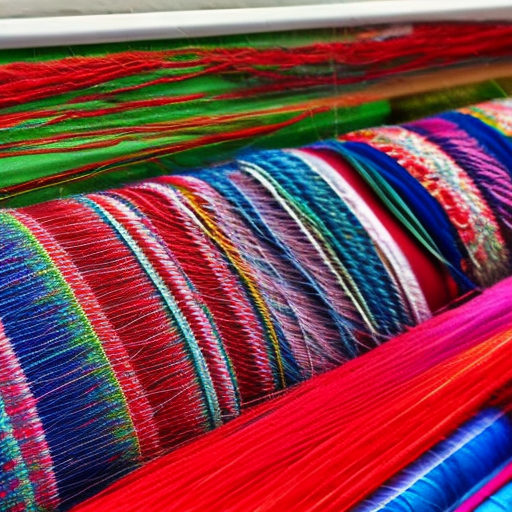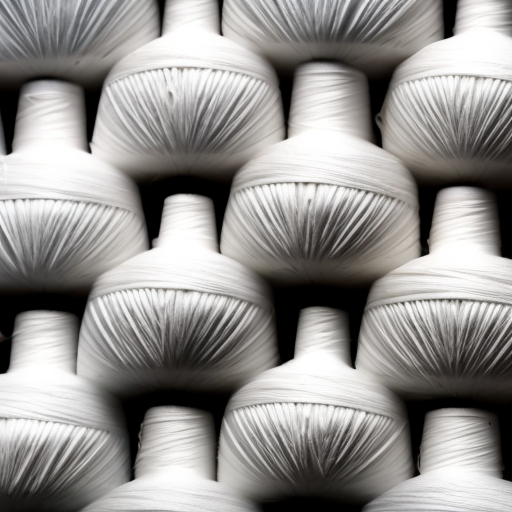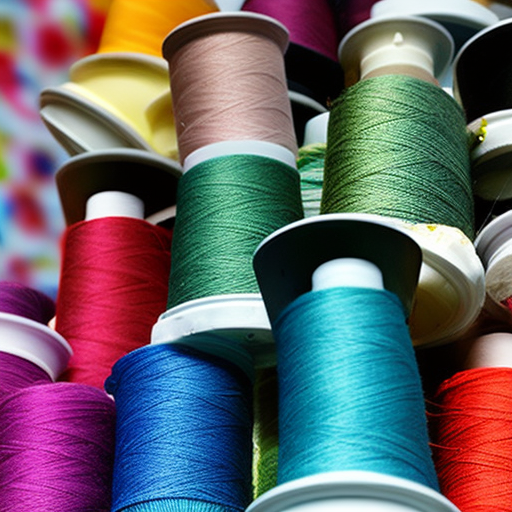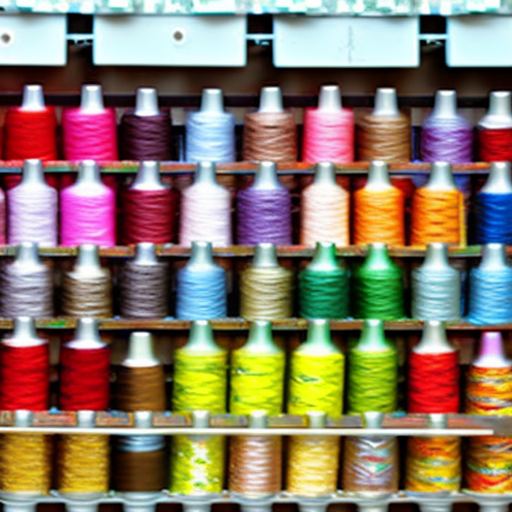

Do you often find your sewing thread coming loose during your stitching projects? Don’t worry! We’ve got you
covered. Loose sewing thread can be a frustrating problem, leading to messy stitches and potentially ruining your
hard work. Here are some tips to help you fix this issue and achieve flawless stitches every time.
1. Check Your Thread Tension: Incorrect thread tension can often cause loose stitching. Ensure
that your sewing machine’s tension is properly adjusted according to the fabric you are working with. Refer to
your machine’s manual for guidance on adjusting thread tension.
2. Use the Right Thread Type: Not all threads are suitable for every fabric. Ensure that you are
using the correct thread type that matches the fabric you are working with. Silk, cotton, polyester, and nylon
threads each have different properties that can affect the strength and tightness of your stitches.
3. Choose the Appropriate Needle: Different fabrics require different needle sizes. Using the
wrong needle size can cause the thread to slip out easily. Make sure you are using the appropriate needle size
for your fabric to ensure a tight grip on the thread.

4. Maintain Good Thread Tension: While sewing, ensure that you are holding the thread gently but
firmly with your non-dominant hand. Avoid pulling the thread too tightly, as it may lead to puckering, but also
prevent it from being too loose. A good balance of tension is key to preventing loose stitches.
5. Secure Loose Ends: If you notice loose ends of the thread during or after stitching, make
sure to tie them off properly. Use a small knot or a backstitch to secure loose ends, preventing them from
unraveling.
By following these simple tips, you can overcome the problem of loose sewing thread and achieve professional
results in your sewing projects. Remember, practice makes perfect, and with time and experience, you’ll master
the art of stitching with precision and confidence.
Browse high-quality sewing supplies and threads





You can try tightening the tension on the sewing machine
Nessa Freedman: Tying off the loose ends should do it
You could also try using a knot when you start and end your stitch to keep the thread from coming undone.
It may need to be replaced if that doesn’t work.
When the thread is loose, it could be an indication that something else with the machine isn’t right. A careful inspection is advised.
This is good advice! Especially when you are sewing something that needs to stay together securely, like a cushion cover.
That is a great tip! If you still have problems, you may need to take your project to a professional tailor.